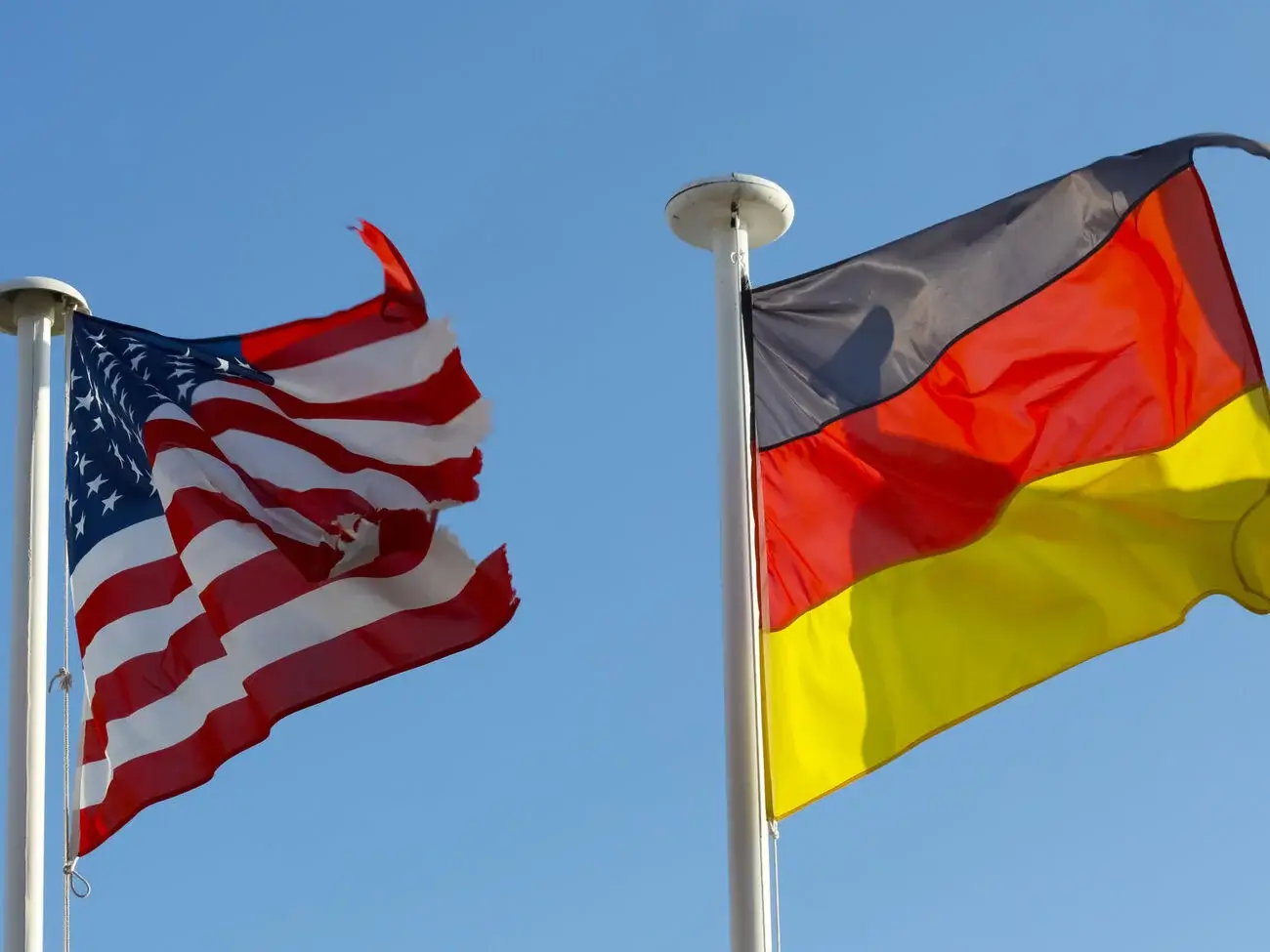U.S.–Germany relations under strain: extremist party sparks political clash

Senior officials from the United States have strongly condemned the designation of Germany’s far-right party Alternative for Germany (AfD) as an extremist organization. Their statements were met with backlash from official Berlin, which called the accusations baseless and inappropriate.
The controversy arose when Germany’s Federal Office for the Protection of the Constitution (BfV) concluded that the AfD party was dividing citizens based on nationality and residence, thereby attempting to undermine national unity.
In the federal elections held in February this year, the party received nearly one-fifth of the vote, securing 152 seats in the 630-seat parliament. The party's platform is rooted in a strict stance on immigration, often promoting nationalist rhetoric. Other major political parties in Germany have firmly refused to include AfD in any governing coalition to prevent the spread of nationalism.
Labeling the party as extremist angered the Trump administration and triggered strong objections. Vice President J.D. Vance went as far as claiming that “Germany’s government wants to rebuild the Berlin Wall — the symbol of the Cold War.” Secretary of State Marco Rubio called the German decision “tyranny.”
Germany’s Foreign Ministry quickly responded on social media, stating that recognizing AfD as an extremist group was a necessary step to protect democracy.
“Germany’s historical experience shows that we cannot allow the resurgence of right-wing extremism,” the statement emphasized.
This was possibly a reference to the rise of Adolf Hitler and nationalist forces in 1933.
This diplomatic dispute is a sign of growing tension between the U.S. and Germany. Earlier, Vice President Vance’s lecture-style remarks to European leaders at the Munich Security Conference on February 14 were met with serious backlash from European officials.
At the same time, disputes over tariff policy have also emerged between the two countries. The Trump administration’s economic warfare stance toward Europe is adding to the strain. These developments are deepening concerns about the future of U.S.–German relations. Read “Zamin” on Telegram!
Ctrl
Enter
Found a mistake?
Select the phrase and press Ctrl+Enter 





















